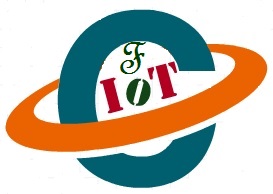


FiCloud 2016
The IEEE 4th International Conference on Future Internet of Things and Cloud
with OBD 2016 and MobiWis 2016
22-24 August 2016, Vienna, Austria